September 11th, 2001, is a date etched into the collective memory of people around the world. On that fateful day, the United States experienced one of the most devastating attacks in its history. As we pause to remember what now is recalled as 9/11 Attack, it is crucial to reflect on what happened, why it happened, the conspiracy theories that emerged, and the lessons we continue to learn.
What Happened on 9/11 Attack?
On the morning of September 11, 2001, the world watched in horror as terrorists carried out a coordinated attack on the United States. At 8:46 a.m. Eastern Daylight Time, American Airlines Flight 11, hijacked by five al-Qaeda terrorists, crashed into the North Tower of the World Trade Center in New York City. Shortly thereafter, at 9:03 a.m., United Airlines Flight 175, also hijacked by al-Qaeda terrorists, struck the South Tower.
The impact of these planes caused both towers to collapse within hours—at 9:59 a.m. and 10:28 a.m., respectively. At 9:37 a.m., American Airlines Flight 77, the third plane, collided with the Pentagon in Arlington, Virginia. A fourth plane, United Airlines Flight 93, was headed towards another target, presumably the White House or the Capitol, but crashed into a field in Pennsylvania at 10:03 a.m. after passengers attempted to regain control.
The 9/11 attacks resulted in the deaths of nearly 3,000 people and injured over 6,000. The destruction was not only physical but emotional, reshaping the landscape of international relations and security protocols.
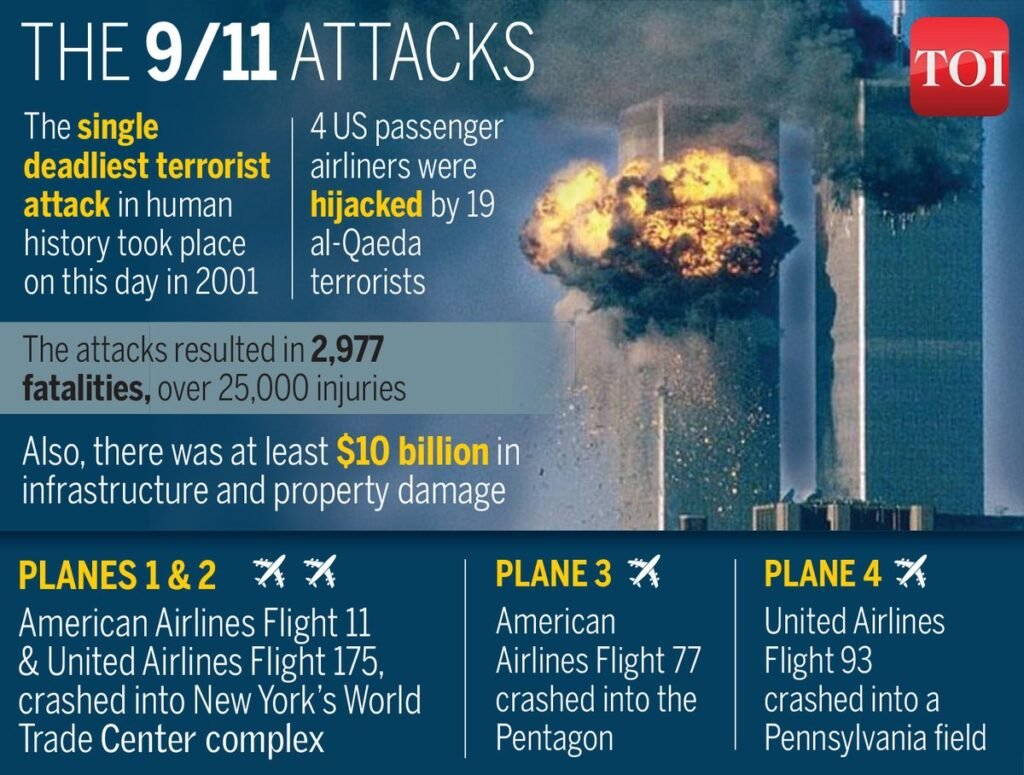
Why Did It Happen?
The 9/11 attacks were orchestrated by al-Qaeda, an extremist Islamist group led by Osama bin Laden. The motivations behind the 9/11 attacks were complex, rooted in a combination of geopolitical and ideological factors. Al-Qaeda’s grievances included U.S. military presence in the Middle East, particularly in Saudi Arabia, which is home to Islam’s two holiest sites, and U.S. support for Israel in its conflict with the Palestinians.
Furthermore, bin Laden and his followers sought to provoke the U.S. into military overreach, aiming to galvanize radical Islamic fighters across the world and create a broader jihadist movement. The goal was to undermine Western influence in the Middle East and to draw the U.S. into a protracted conflict that they believed would weaken it.
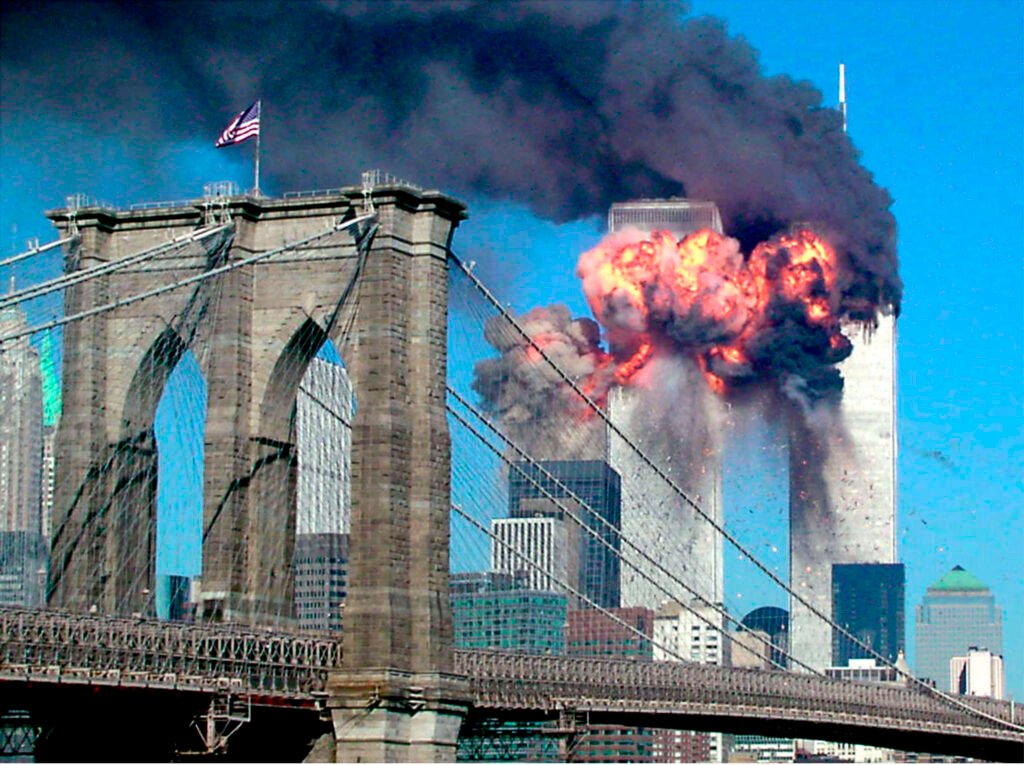
Conspiracy Theories Behind 9/11 Attack : A Distraction from the Truth
In the wake of such a catastrophic event, it’s not uncommon for conspiracy theories to emerge. Some of the most persistent theories include claims that the U.S. government had prior knowledge of the attacks and allowed them to happen to justify subsequent military actions, or that the towers were brought down by controlled demolitions rather than the impact of the planes and subsequent fires.
These theories have been thoroughly debunked by experts and investigations. The 9/11 Commission Report, a comprehensive investigation into the events, concluded that the attacks were the result of a failure of intelligence and a lack of preparedness rather than any form of inside conspiracy. The National Institute of Standards and Technology (NIST) also provided detailed explanations of the collapse of the World Trade Center towers, attributing them to the combination of structural damage from the impacts and the extensive fires that weakened the buildings’ steel framework.
It’s essential to approach conspiracy theories with scepticism and rely on evidence-based explanations to honor the memory of those who suffered and to prevent the spread of misinformation.
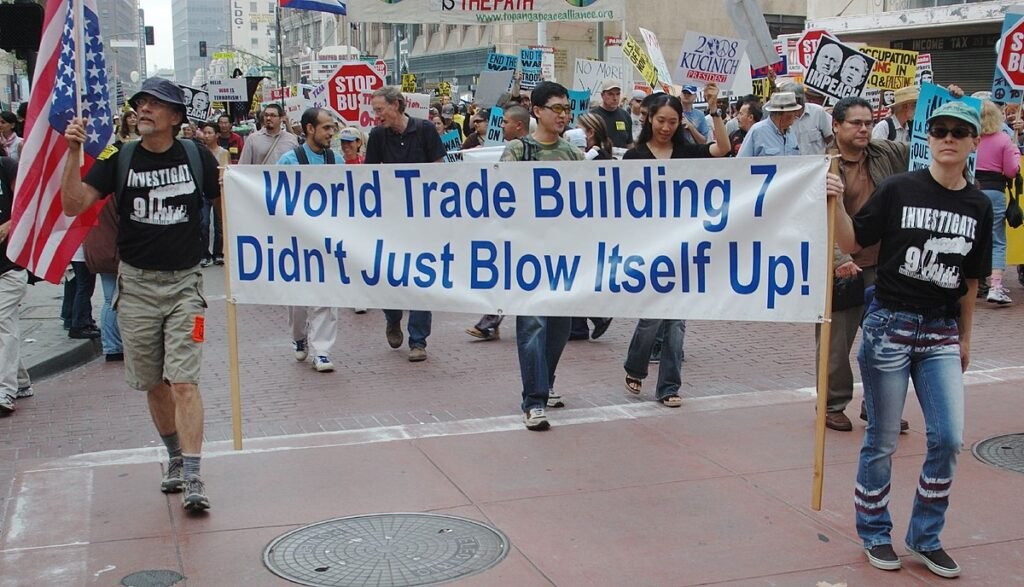
Remembering 9/11 Attack Today
Each year, September 11th is observed with solemn remembrance. Ceremonies are held at Ground Zero in New York City, the Pentagon, and Shanksville, Pennsylvania, where memorials have been established. These sites serve as places of reflection and tribute to the victims, survivors, and first responders.
The day is also marked by moments of silence, the reading of names of those who perished, and various community service activities to honor their legacy. The “Tribute in Light” display in New York City, which illuminates the sky with two beams of light representing the Twin Towers, has become an iconic symbol of remembrance.

What We Learn from 9/11 Attack
The aftermath of 9/11 Attack has imparted significant lessons:
- Importance of Vigilance and Preparedness: The attacks highlighted the need for robust intelligence and security measures. The creation of the Department of Homeland Security and the implementation of the PATRIOT Act were direct responses aimed at preventing future attacks.
- Global Impact of Terrorism: 9/11 demonstrated that terrorism is a global issue that requires international cooperation. The U.S. initiated global anti-terrorism efforts, leading to a more integrated approach to counter-terrorism.
- Resilience and Unity: The response to 9/11 showcased the resilience of individuals and communities. The solidarity and bravery displayed by first responders, ordinary citizens, and people worldwide underscored a collective strength in the face of adversity.
- Continued Need for Compassion and Understanding: The attacks also revealed the destructive potential of extremist ideologies. Addressing the root causes of extremism and fostering intercultural understanding remain crucial in preventing future conflicts.
As we observe another September 11th, it is a time to remember those who lost their lives, honor the courage of those who responded, and reflect on the enduring impact of that day. The lessons learned from 9/11 Attack continue to shape our world, reminding us of the importance of vigilance, unity, and compassion in the ongoing struggle against terrorism and extremism.











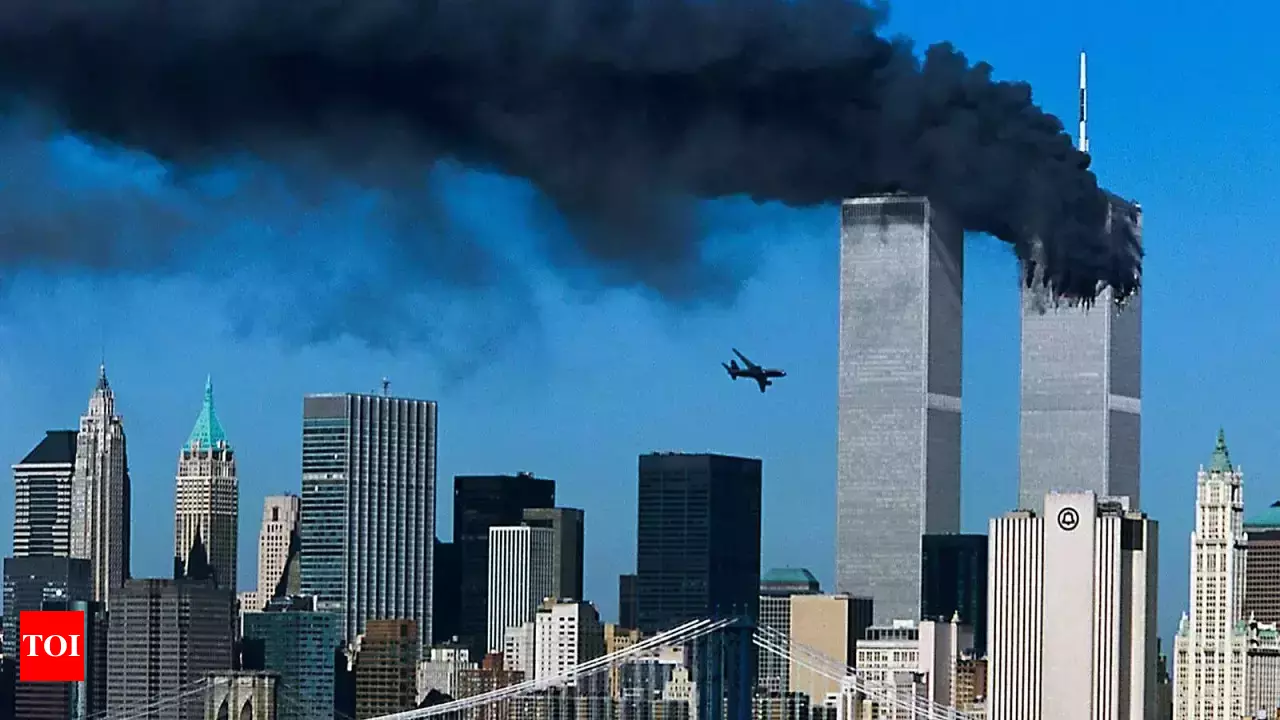

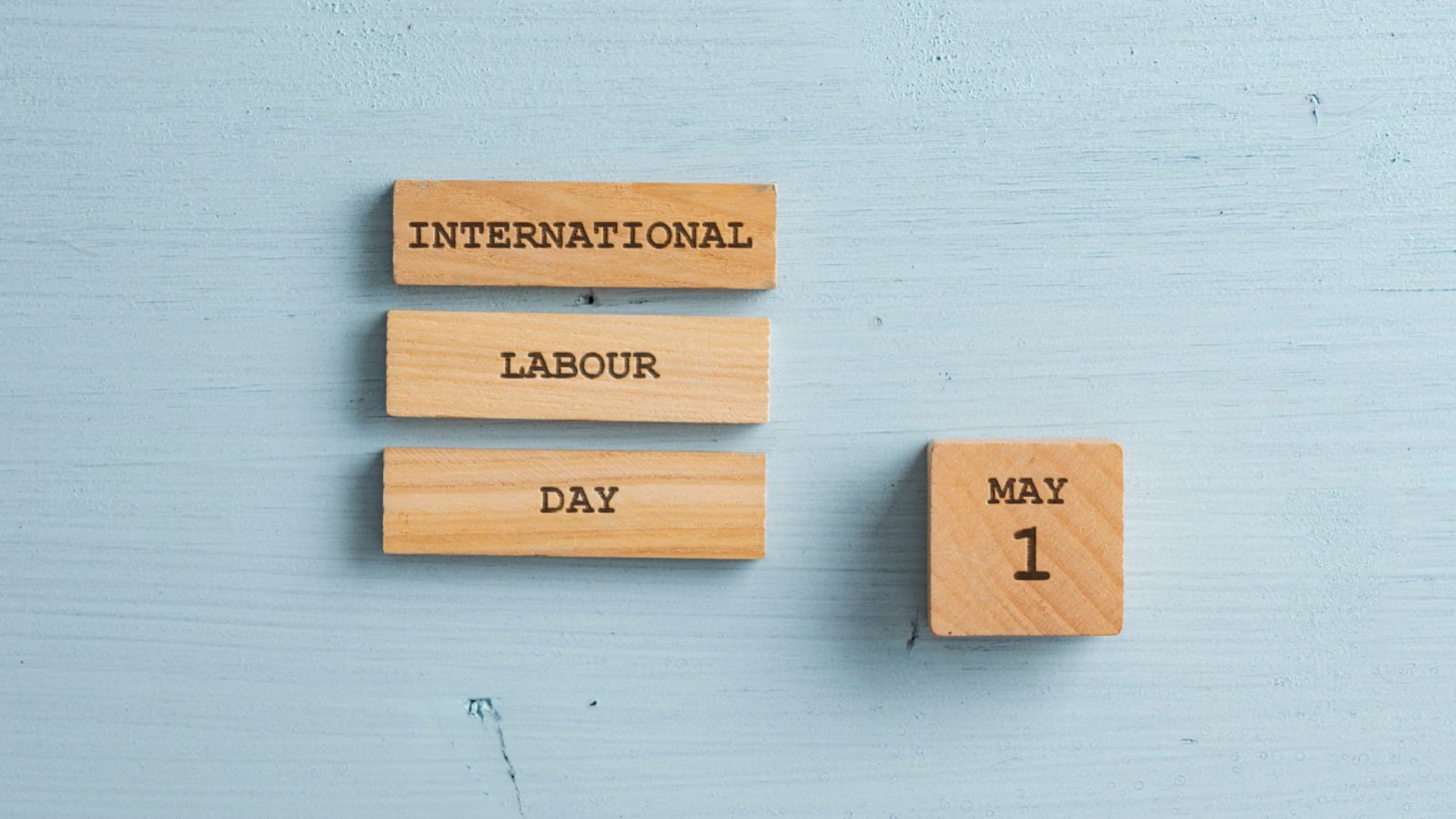


Henof Great information shared.. really enjoyed reading this post thank you author for sharing this post .. appreciated
Aroma Sensei I like the efforts you have put in this, regards for all the great content.